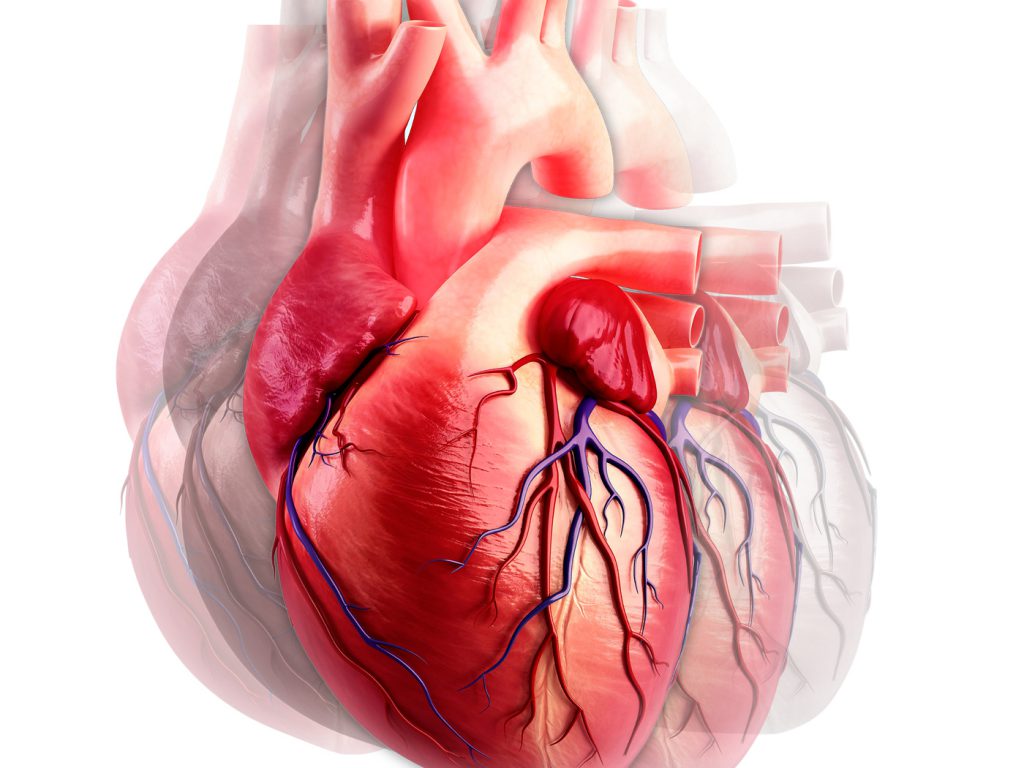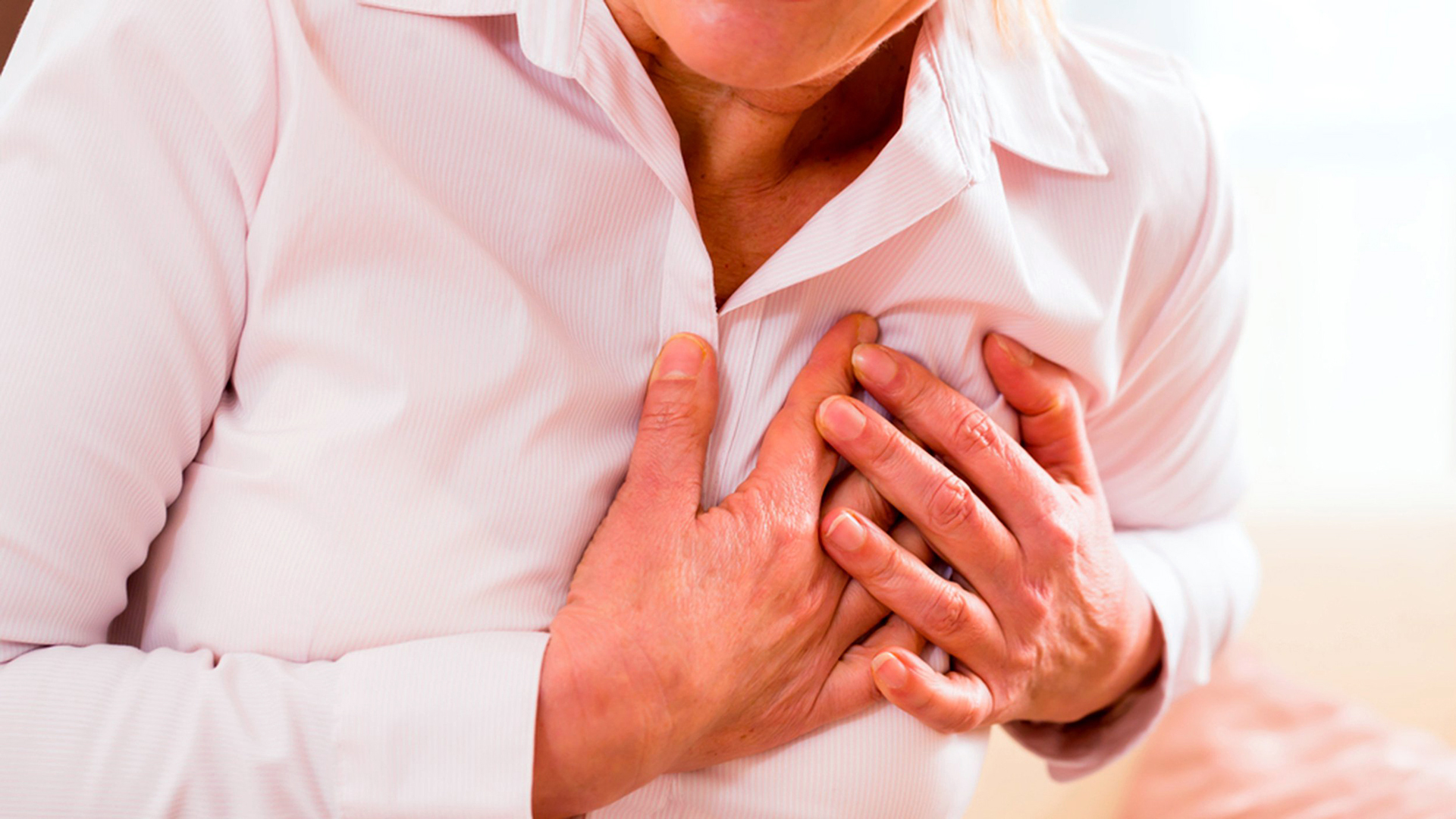Heart attack is one of the most serious medical emergency in which blood supply to the heart is reduced. This may be due to a blood clot or any other problem. Heart attacks can be fatal, or at the very least, seriously damage the muscles of the heart.
Please share the information about warning signs about heart attack and stroke. https://t.co/B9gUZAbkGX
— Dean (Agriculture) BHU (@deanagbhu) July 15, 2019
Lesser known Symptom of Heart Attacks

One of the most common symptoms of heart attacks is chest pains. However, you may be shocked to know that it can cause pain in the jaw too. The Heart Foundation states that an ache or tightness around the area of lower jaw on one or both sides is a common sign of an impending heart attack. The pain may also spread to left or right arm, neck, back or stomach.
Early Heart Attack Care (or EHAC) education teaches you to recognize the early signs and symptoms of a heart attack. Why? We want you to become an active bystander so you can save a life – even if it's yours. #EHAC pic.twitter.com/2zQTzhJk4h
— Riverside Healthcare (@RiversideMC) July 9, 2019
The website also stated that not everyone experiences severe chest pain. In some people, the pain is only mild and can often be mistaken for indigestion. The NHS said that the combination of symptoms is a much more reliable method for predicting whether a person is experiencing a heart attack or not.
Other symptoms and what to do
 Other symptoms of heart attack, according to the NHS, are – shortness of breath, the feeling of weakness or light-headedness, and overwhelming anxiety.
Other symptoms of heart attack, according to the NHS, are – shortness of breath, the feeling of weakness or light-headedness, and overwhelming anxiety.
Signs & symptoms of cardiac arrest vs. heart attack: https://t.co/EPiI00Y1MD
— Cleveland Clinic (@ClevelandClinic) July 8, 2019
The British Heart Foundation suggest that the following steps should be followed if you think you are having a heart attack:
- Phone 999 immediately
- Sit down and remain calm
- Take a 300 mg aspirin if you have one within reach
- Wait for the paramedics
Don’t wait to get help if you or anyone you are with experience any of these heart attack warning signs. Call 911 immediately. https://t.co/OaKQU1N1XQ pic.twitter.com/G1uQM2sWtP
— American Heart Association (@American_Heart) July 11, 2019
The risk factors for heart attack include age group of greater than 45 years, use of tobacco, and high blood pressure. People who have high cholesterol levels and high triglyceride levels also fall under the risk of having a heart attack. Obesity and diabetes also present as high risk factors.
Need your daily dose of health trivia and more? Stay tuned to Hiptoro for more.









